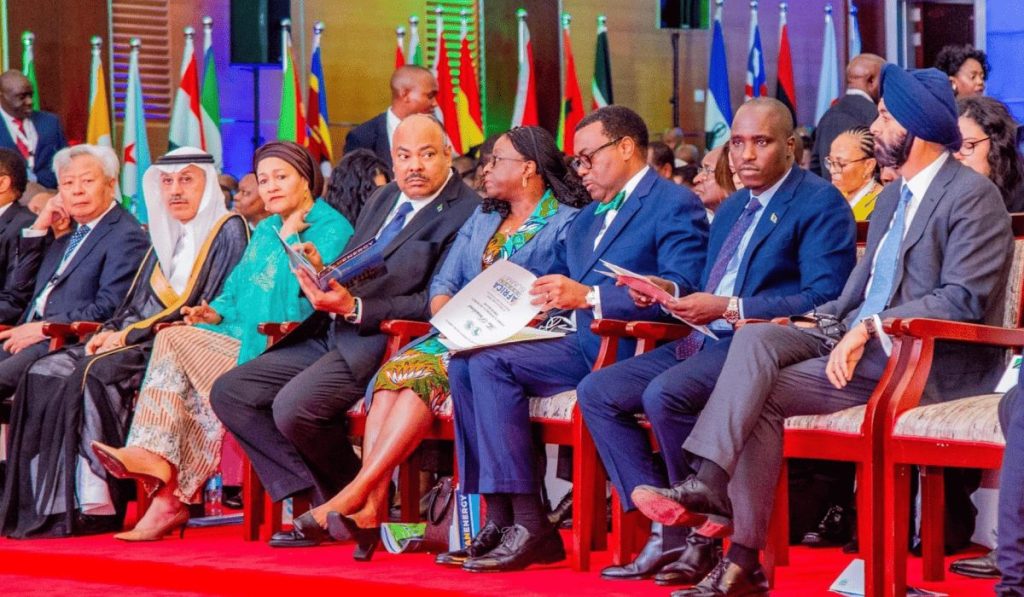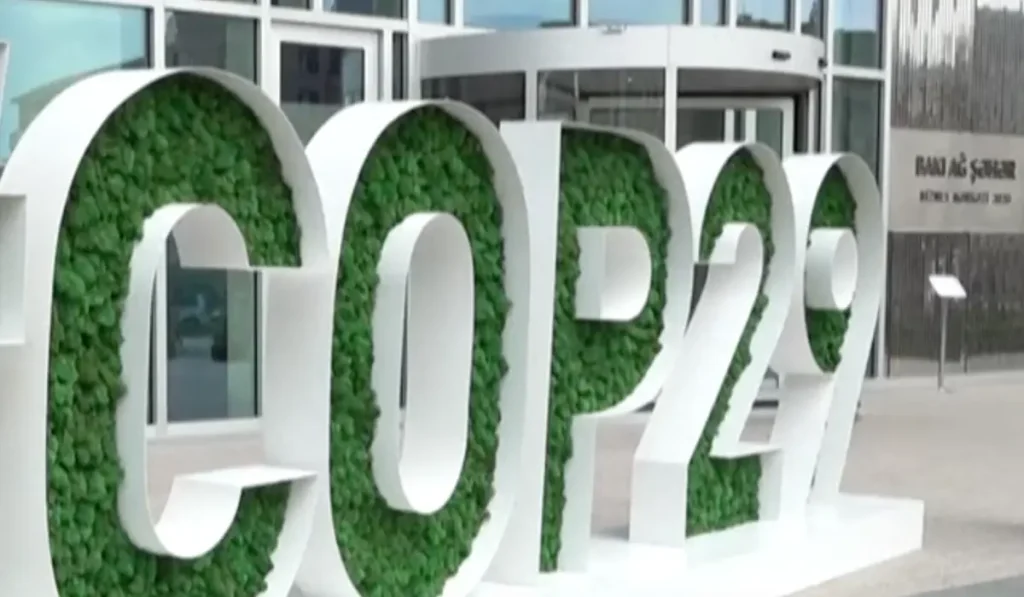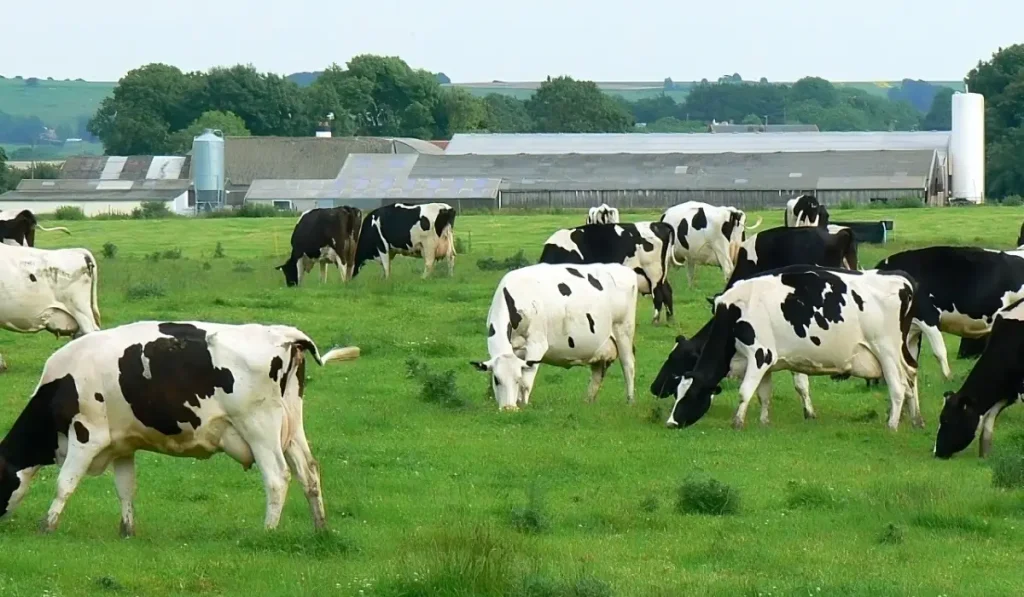According to the head of EU climate change policy Frans Timmermans, the United States may be able to avoid the European Union’s planned border carbon tariff, because of its similar climate targets. The tariff, known as the carbon border adjustment mechanism (CBAM), aims to level the playing field for EU manufacturers by imposing a border tariff on emission-intensive goods imported into the EU such as iron, cement and steel. It seeks to ensure that EU producers who are subject to carbon pricing aren’t unfairly competing against lower cost imports that do not have to pay a carbon price in their country of origin. In so doing, the CBAM will penalise countries with weaker climate policies than the EU, but countries may be exempted if they have a domestic carbon price similar to what EU manufacturers pay. According to Timmermans, it appears that the United States may be one such country.
In a report by Reuters on 20 September, Timmermans is quoted as saying “if the United States has the same trajectory as we have in terms of emission reduction, then … the ‘carbon club’ is on the table. Because that means that the carbon footprint of a ton of steel in the U.S. is comparable to the carbon footprint of a ton of steel in Europe – then you don’t need a carbon border adjustment mechanism… This is probably not going to apply with other major trading partners. But between the EU and U.S., I don’t fear that… I think we’re still in parallel.” This statement came after the US pledged to reduce its emissions by at least 50% from 2005 levels by 2030 and recently enacted domestic legislation which puts it on a trajectory to do so. According to Reuters, the CBAM would have affected US steel, aluminium and fertiliser imports into the EU.
The reference to a carbon club, is theoretical at this stage. Originally conceived of by Nobel prize-winning economist William Nordhaus, a carbon club represents a group of countries that has agreed to achieve a higher emission reduction target between them through technological change that supports rapid decarbonisation, with associated tariff penalties for its members. The club hedges against emitters moving to countries with lower climate ambitions by erecting carbon borders in a coordinated manner, and encouraging those outside the club to take on similarly ambitious measures (i.e. climate targets) in order to take advantage of its trade benefits. A club would, in theory, overcome the challenge of free-riding under the global climate regime and its weak enforcement mechanism, whilst also fostering green growth between club members. The topic of climate clubs was put forward by the United Kingdom under its leadership of the G7 last year, and it became popular again under Germany’s G7 leadership this year, who wished to make a “cooperative and open climate club” a signature of their presidency.
The statement was most likely welcomed by United States Democrats who in June this year had sought to introduce a Bill called the “Clean Competition Act”, the purpose of which would be to apply a levy various energy-intensive imports, including fossil fuels, petrochemicals, steel, cement, fertilizer and hydrogen. When introducing the Bill, Senator Shedon Whitehouse commented that “[t]here’s a real prospect that Canada, E.U. and U.K. all basically bind together on a common carbon border adjustment. And if we haven’t joined up with them, we’re just sort of deliberate losers.”
African countries are still in the process of determining the potential impact of the CBAM on exports. In its current form there are no waivers for goods originating from Least Developed Countries (most African Countries have this status) although one of the CBAM’s recommendations is for financial support to be provided for LDC decarbonisation projects. Unsurprisingly, to date, a number of developing countries are “gravely concerned” about the CBAM. It is perceived as a discriminatory trade barrier and contrary to the principles of international environmental law. China and India and South Africa have raised concerns the mechanism runs afoul of World Trade Organisation Rules against protectionism.
Whatever its legal status, African countries will need to consider its impact on their exports and ascertain the extent to which a lack of carbon pricing or similar measures domestically prejudices exports. The potential for the creation of a carbon club between the US and EU further drives this imperative, and African countries run the risk of being trade isolated without adequate pricing instruments in place. The difficulty is that many African countries do not have a carbon pricing mechanism (such as a carbon tax or emissions trading scheme) in place and their introduction can be both risky and complex. Whilst carbon pricing certainly has its advantages, there are concerns that it can also be costly, administratively burdensome, bring about higher risks of regressive impacts, and potentially tax inefficient in a developing country context. The economic, social and administrative aspects to ensure an effective and appropriate design, in a context where African countries are relatively low emitters, lack the industrial scale emissions base of developed countries, and where the source of emissions is not always linked to a readily identifiable taxable emitter within the tax net, and are highly sensitive to fluctuations in fuel prices, warrants careful consideration of if and how such instruments are introduced. Further consideration is also needed on how the CBAM and potential carbon club will affect African exports with and without a carbon price being introduced.






